Two years on from the Regional Comprehensive Economic Partnership taking effect, the trade pact has shown signs of early progress, but the full benefits of the agreement will require a longer transition period due to the varying economic sizes and stages of development of its member countries, Zhao Jinping, former director-general of the Department of Foreign Economic Relations at the Development Research Center of the State Council, said at a seminar on Sunday.
Speaking during the 90th Forum for China Reform in Haikou, Hainan province, Zhao emphasized that while the initial gains of the RCEP have been observed, the diverse economic landscapes of the 15 Asia-Pacific nations involved mean that some countries will need more time to adapt to the demands of further trade liberalization.
To capitalize on the RCEP, investment in ASEAN countries is crucial, said Hidenobu Ishibashi, principal economist at the Japan Center for Economic Research.
"However, a one-size-fits-all strategy will not suffice, given the different stages of development among these countries," the economist said.
As competition for direct investment in ASEAN countries intensifies, it will become more important to move beyond short-term economic relationships that cater only to the needs of the investing country. Instead, it will be essential to address the specific needs of each ASEAN country, Ishibashi added.
According to Chaiwat Meesanthan, director of the Institute of East Asian Studies at Thailand's Thammasat University, the RCEP offers a source of stability and cooperation in a world marked by rising geopolitical tensions and increasing trade barriers.
The RCEP encompasses a large market that includes various economies from ASEAN, as well as major economic powerhouses such as China, Japan and South Korea.
"This partnership lays a strong foundation for regional economic collaboration and has the potential to become a new center for global growth," Meesanthan said.
Since its implementation on Jan 1, 2022, the RCEP has significantly transformed Thailand's economic landscape, Meesanthan noted, adding that key industries such as manufacturing, agriculture and technology have reaped substantial benefits.
The country's manufacturing sector — particularly automobiles and electronics — has gained better access to raw materials at competitive prices, leading to more efficient production and increased exports. The agricultural sector has improved market access across Asia, boosting demand for Thai rice, fruits and seafood.
Additionally, the technology sector has used the RCEP to foster cross-border cooperation, driving growth in tech startups and innovation, Meesanthan said.
Zhang Jianping, deputy director of the academic committee at the Chinese Academy of International Trade and Economic Cooperation, said: "The RCEP represents a victory for multilateralism and free trade. Regional economic integration is a global development trend, with the international division of labor becoming increasingly detailed."
Looking ahead, cooperation among member countries is expected to foster better development for each nation while contributing to the global economy. To better implement and ensure adherence to RCEP rules, Zhang suggested enhancing the education and training of enterprises on these regulations. Proactively learning and applying these rules will improve the level of trade facilitation, he said.
Enhancing the mechanisms of the RCEP is crucial for its success, said Wang Sheng, president of the National Institute for South China Sea Studies. He suggested establishing a coordinating secretariat for the RCEP, increasing the frequency of meetings, improving communication platforms and enhancing the efficiency of the dispute resolution mechanism.
Strengthening information sharing, policy coordination and project cooperation among member countries is also essential, Wang said.
"These measures will create a stable and efficient cooperation framework and smooth communication channels, better equipping member nations to face challenges and advance trade liberalization and economic integration, hence bringing greater benefits and development opportunities to RCEP member countries," he said.








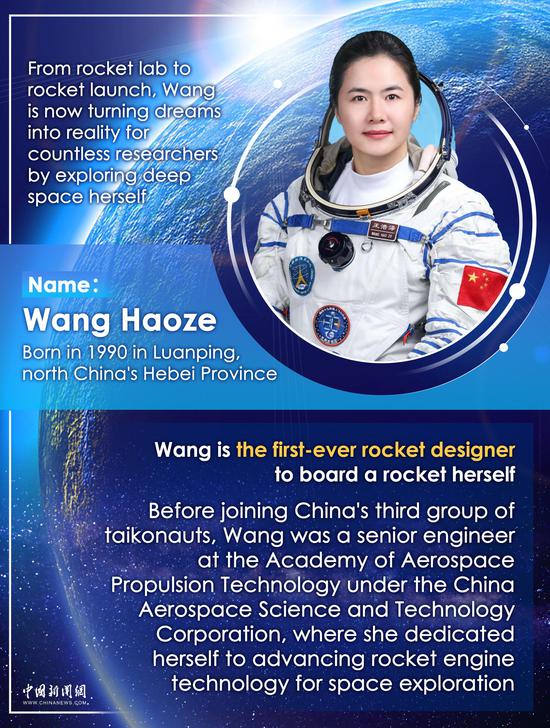

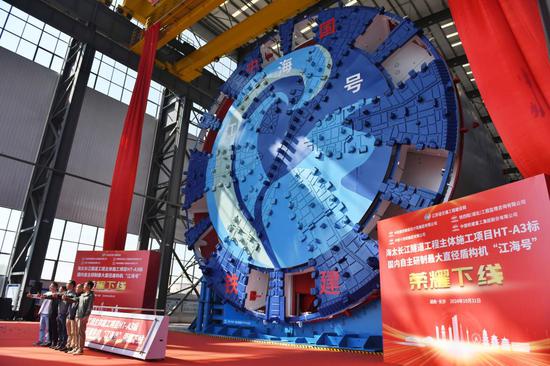




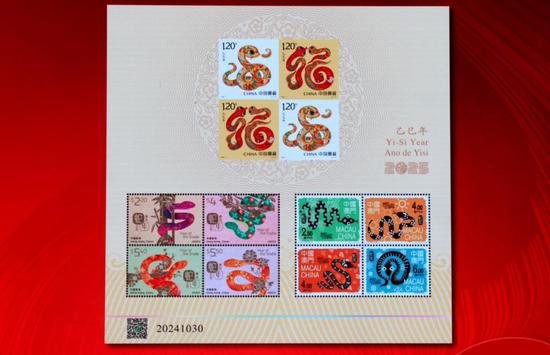

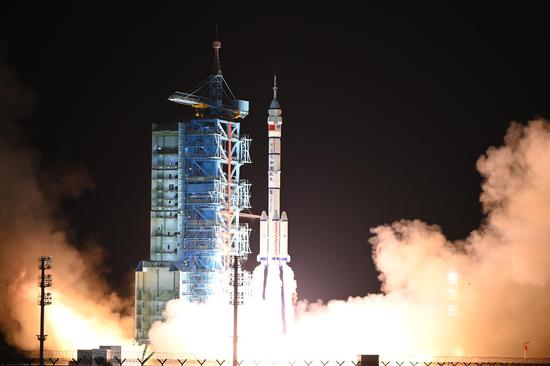








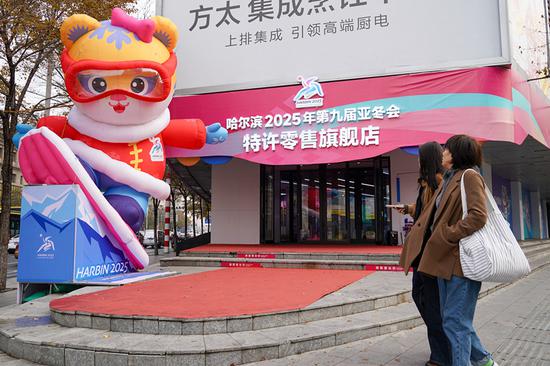
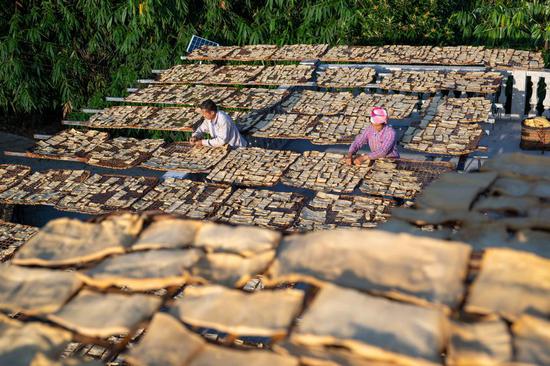



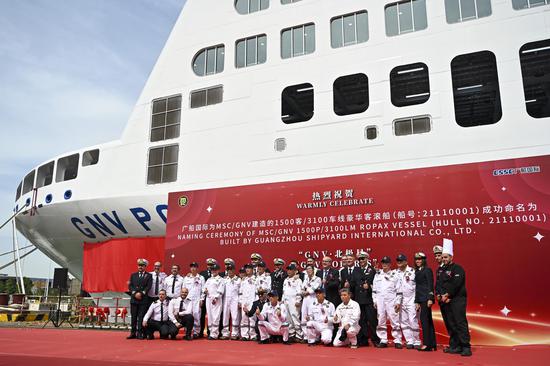

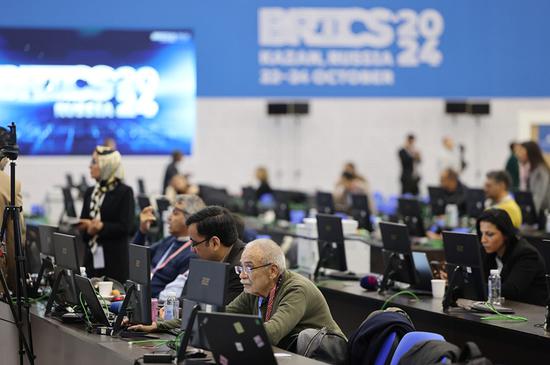
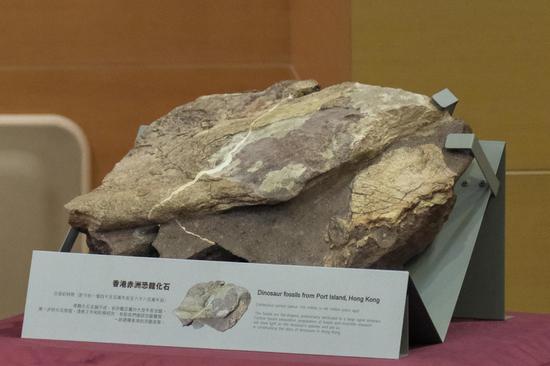
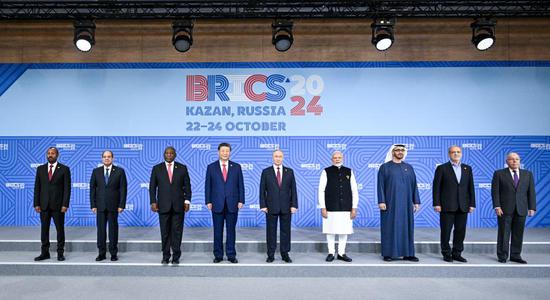



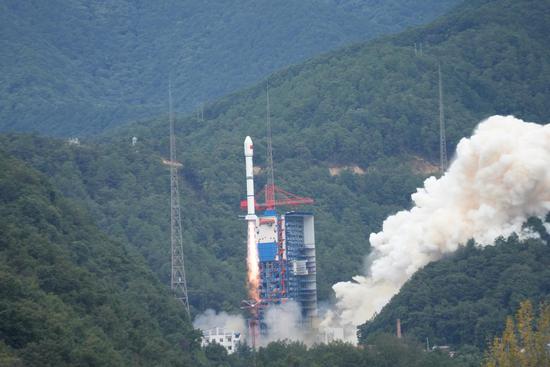


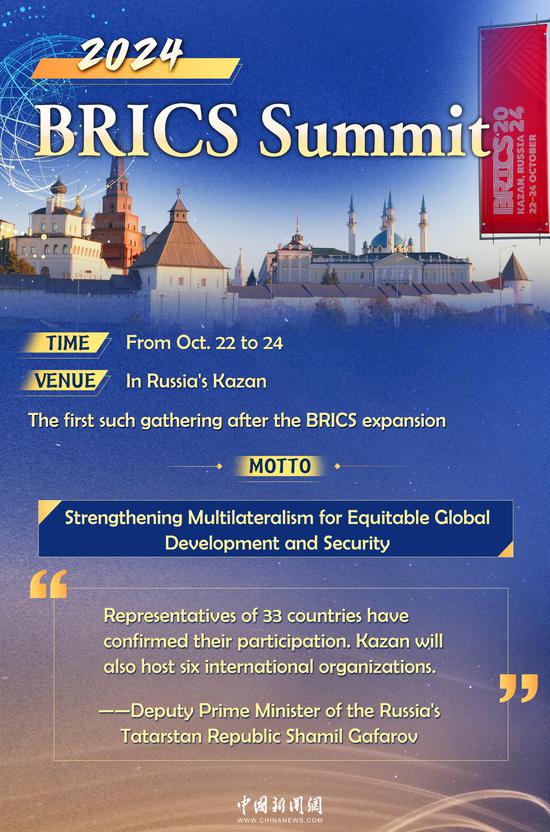

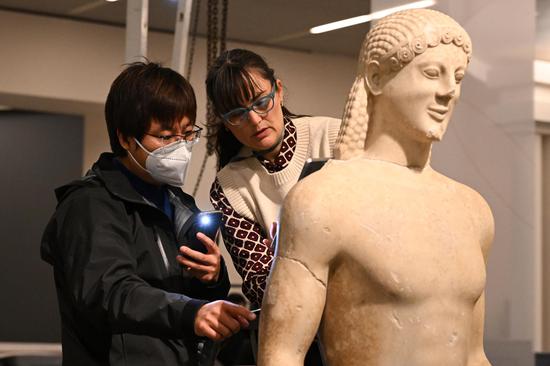

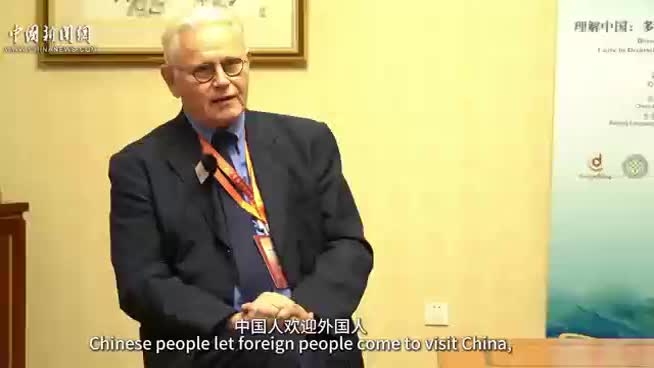



 京公网安备 11010202009201号
京公网安备 11010202009201号